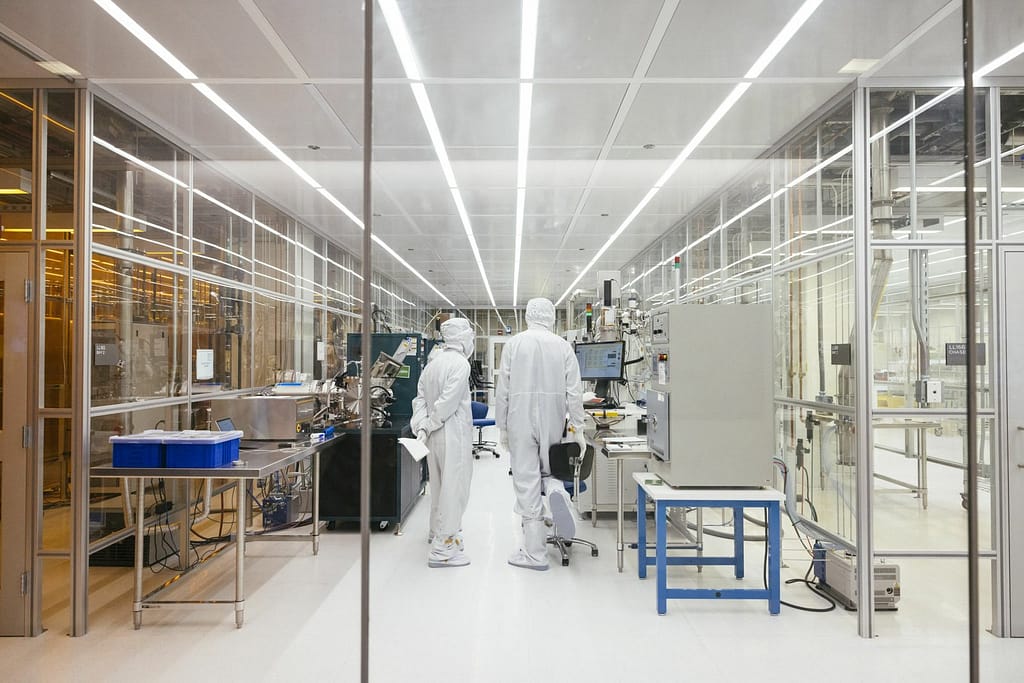Researchers from the University of Chicago released a groundbreaking approach to medicinal drug synthesis. Electricity has emerged as a potential catalyst in the synthesis of medicinal drugs, offering a new avenue for enhancing specific chemical reactions. A team of scientists from the University of Chicago has introduced an innovative method to boost the efficiency of chemical reactions within the pharmaceutical industry.
Table of Contents
Electrifying Medicinal Drug Synthesis
The research team, led by Anna Wuttig, UChicago Neubauer Family Assistant Professor, has proposed the use of electricity to augment a particular chemical reaction critical in the synthesis of prospective medicinal drugs. Their pioneering approach not only seeks to enhance the efficiency of the process but also aims to deepen our understanding of electrochemistry, providing valuable insights into the design and control of reactions.

Wuttig explained, “What we want to do is understand what’s happening at the fundamental level at the electrode interface and use that to predict and design more efficient chemical reactions. This is a step towards that eventual goal.”
Navigating the Complexity of Electrochemistry
While the application of electricity holds promise for improving the output of certain chemical processes, electrochemistry itself poses inherent complexities. One such challenge is the limited understanding of molecular interactions within this context. The introduction of a conductive substance, such as an electrode, further complicates matters, as molecules not only interact with each other but also with the electrode.
The research team, however, approached this complexity as an opportunity rather than a hindrance. Wuttig stated, “What if you think about it as electrochemistry providing us with a unique design lever that’s not possible in any other system?”
A Strategic Advantage: The New Approach
Delving into the surface of the electrode responsible for delivering electricity to the reaction, the scientists focused on a typical manufacturing reaction for medicinal drugs involving the bonding of two carbon atoms. Their investigation revealed that the presence of an electrode could redirect molecules away from the appropriate position during the reaction.
To overcome this challenge, the researchers introduced a specific chemical, a Lewis acid, into the solution. This addition effectively redirected the molecules, significantly enhancing the overall efficiency of the chemical process. High-tech imaging tools were employed to monitor these processes at the molecular level.
Wuttig emphasized the significance of their findings, stating, “You can see that the presence of the modulator has a profound effect on the interfacial structure. This allows us to visualize and understand what’s happening, rather than regard it as a black box.”
The study’s results, showcasing the potential for effective electrode utilization in chemistry and enabling prediction and control of reaction outcomes, were published in the journal Nature Catalysis.
The groundbreaking research from the University of Chicago illuminates a promising path in medicinal drug synthesis. By leveraging the power of electricity, scientists aim to not only enhance the efficiency of chemical reactions but also unlock new possibilities in the design and control of these processes. This electrifying approach marks a significant stride toward advancing sustainable and innovative methods in organic synthesis.